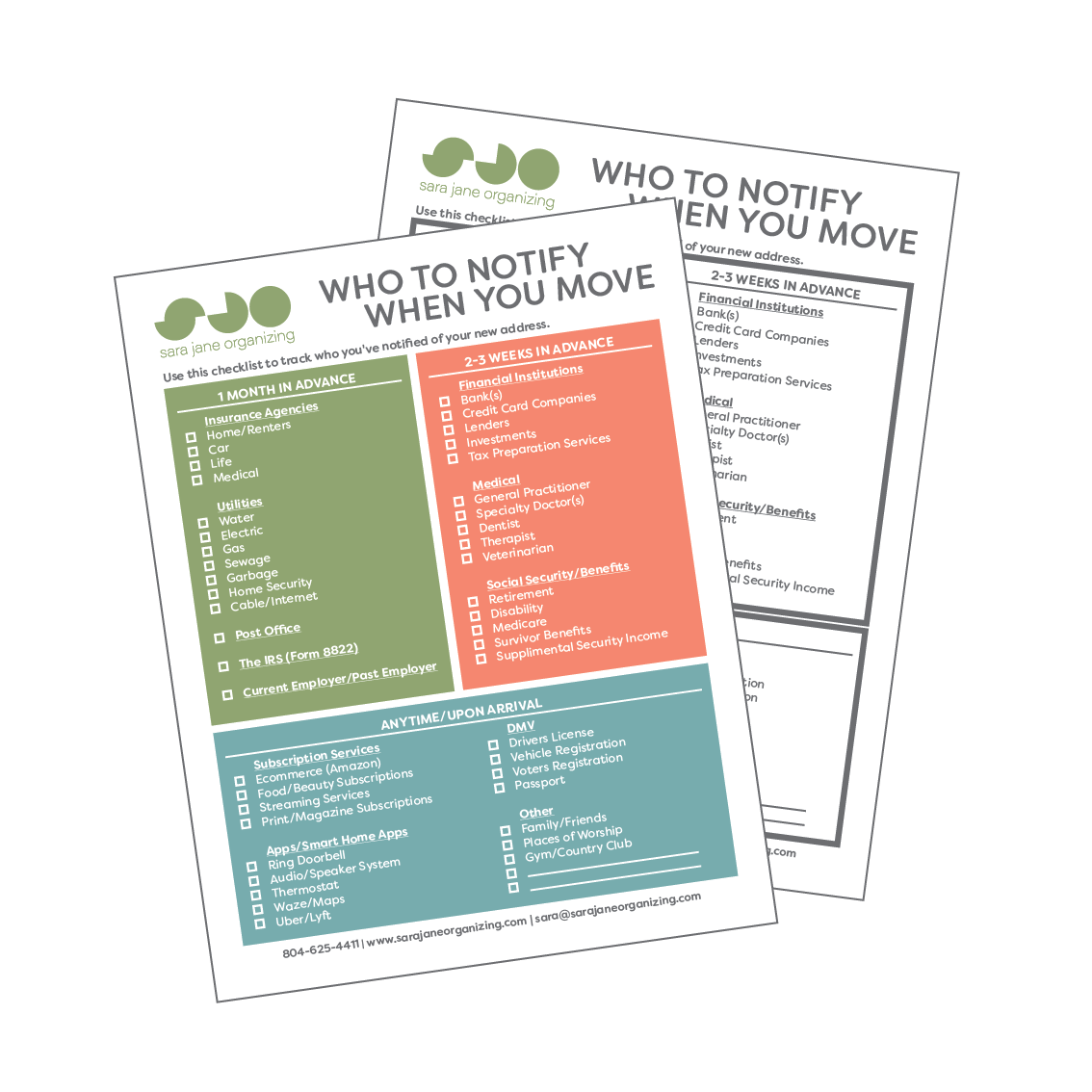One of the most effective ways to reduce clutter in your home is to stop it from entering in the first place. This requires you to be discerning and have a plan when shopping. I suggest keeping this list of questions handy each time you shop. By doing this, you’ll reduce the urge to impulse buy and ensure that you’ve considered all possible outcomes before spending your hard-earned money. If your answer to these questions is a resounding “yes,” then you’ve found the perfect product. However, if you answer “no” to any of these questions, then it may not be the right item for you, and you should try again another day.
Shopping with intention can be challenging, as stores are designed to encourage us to make purchases. Don’t fall into this trap! Save yourself from the hassle, and prevent clutter from entering your home in the first place.
Does it solve a problem?
Entering a store filled with attractive new items can be tempting, as we often get drawn towards the latest trends we have seen on social media. Consumerism has trained us to desire the newest and most impressive items. However, we have the ability to retrain our thought patterns and take control of our actions. If the item doesn’t make life easier then it’s clutter.
Is it good quality?
Quality matters in our daily lives. Sadly, we have become a disposable society. But why settle for things that won’t last? We work hard for our money and we deserve items that are worthy of us. If the quality is poor, it may cause issues later. Items that make life more difficult are clutter.
Can I maintain it?
Maintenance is a byproduct of stuff. We rarely consider this when we buy things and bring them home. If you struggle with managing your time, staying focused, and being impulsive more stuff is the opposite of what you need. If you won’t be able to clean it, water it, feed it, and keep it functioning well and in good condition, etc., it’s clutter.
Does it fit?
Sometimes, we settle for things even when we shouldn’t. For example, we might accept buying a shirt that is too tight, convincing ourselves that we’ll lose weight or find a way to make it work. It’s the start of a vicious clutter cycle: we feel the need for something because it is in front of us now, but we suffer the consequences later. If the item doesn’t fit you or fit where it’s intended it’s not solving a problem. It’s creating one.
Bonus Question – Is it good for Mother Earth?
If an item cannot be decomposed, reused, or recycled, or if it harms the planet during manufacturing, it is clutter on our planet. Imagine if we made our shopping decisions based on whether the item is eco-friendly. This could significantly reduce waste. It’s a thought-provoking question that can inspire us to take action. Many of my clients express their concern about contributing to landfills. If we start asking this question before purchasing, we can prevent clutter in our homes and alleviate the guilt of letting go of items.
If you need help decluttering learn more about our services. We are here to help when you’re ready!




